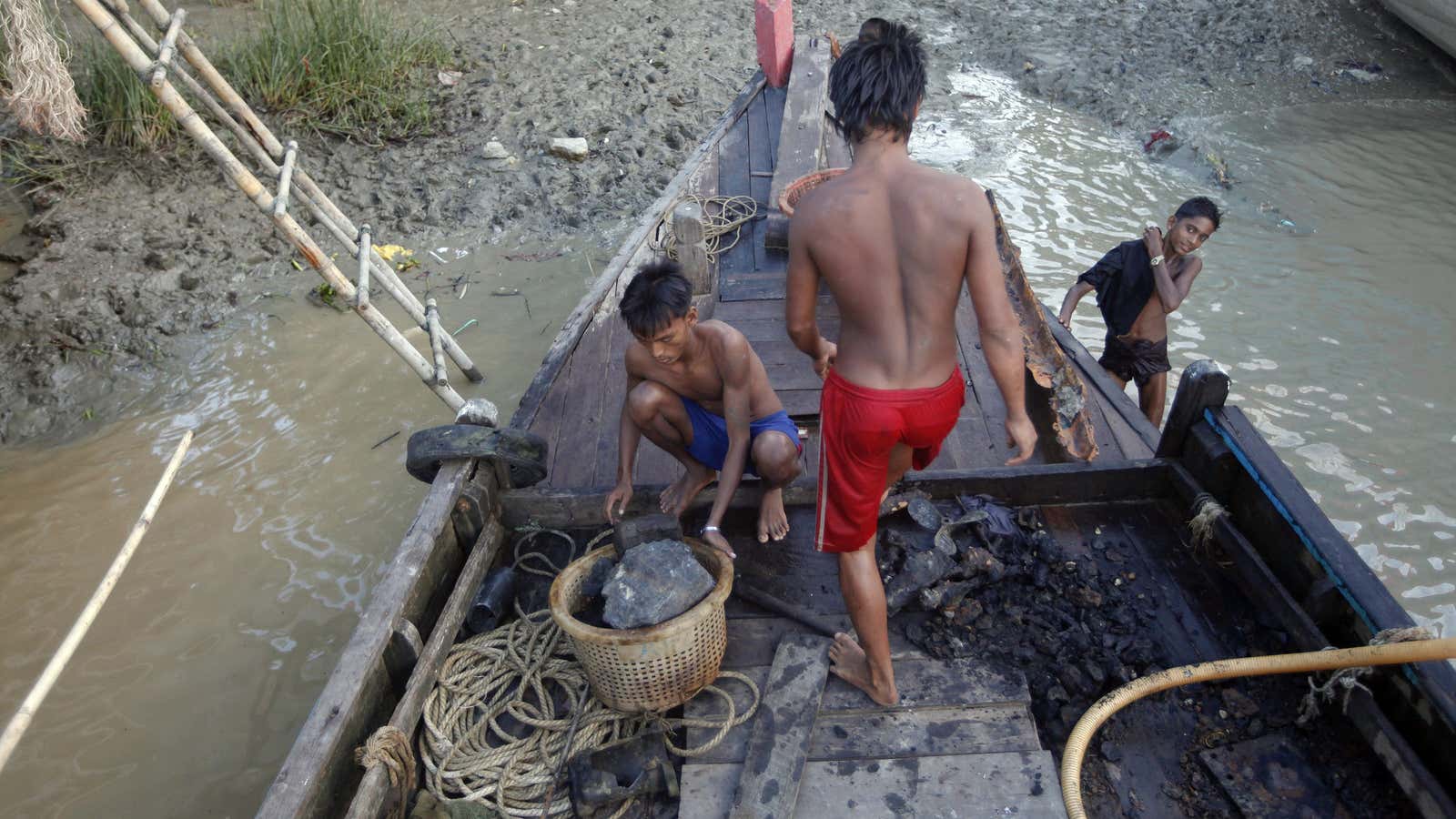Prime minister Narendra Modi’s promise to eradicate manual scavenging by 2019 has once again crashed into reality.
Yesterday (June 27) three people died in the southern state of Tamil Nadu while cleaning a tank without wearing any safety masks.
Six men were sent to a farm in Coimbatore to clean the septic, out of which three died due to inhalation of poisonous gas, suggest media reports. It’s also being alleged that these individuals were not trained labourers and were employed under the Mahatma Gandhi National Rural Employment Guarantee Act (MNREGA).
Since January 2019, over 25 such deaths have been reported from across India, various media reports show.
Earlier this month, seven persons died while cleaning a septic tank at a hotel in Gujarat’s Vadodara. On May 7, two were asphyxiated inside a septic tank in West Delhi’s Rohini. In April, two others lost their lives under similar circumstances in Gurugram, near Delhi.
This is despite the Prohibition of Employment as Manual Scavengers and their Rehabilitation Act, 2013, banning anyone from employing people to clean sewers.
Manual scavenging refers to the south Asian practice of humans cleaning dry toilets and sewage systems. It is often based on India’s age-old caste system, with most people involved in the task belonging to the Dalit community—a group of castes that were deemed untouchable till the practice itself was banned following Independence.
Manual scavenging is perpetuated by private firms and local administrations. Workers picking up human waste with bare hands is a common sight at railway stations across India.
Numberspeak
In India, over a lakh rural households are dependent on manual scavenging for income, according to the 2011 socioeconomic and caste census.
Between 2016 and 2018, up to 123 manual scavengers have died on the job, data from the National Commission for Safai Karamcharis (NCSK), a statutory body set up by an act of Parliament for the welfare of sanitation workers, showed.
However, the Safai Karamchari Andolan, an organisation run by Magsaysay awardee Bezwada Wilson, and working for the development of manual scavengers, paints a different picture. It puts the casualty figure at 429 deaths for that period in Delhi alone.
The NCSK data are mired in controversy as experts have claimed discrepancies. It is also alleged that the central and state governments are deliberately not identifying manual scavengers.
